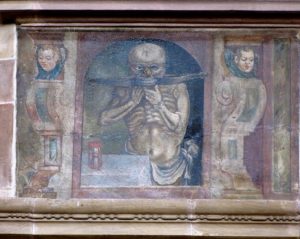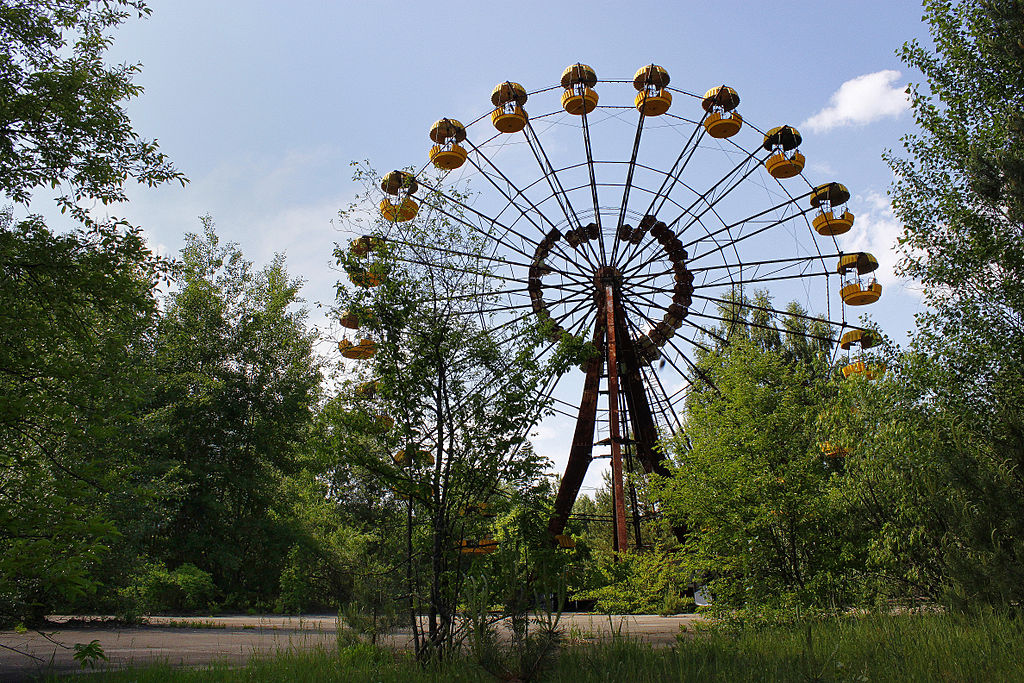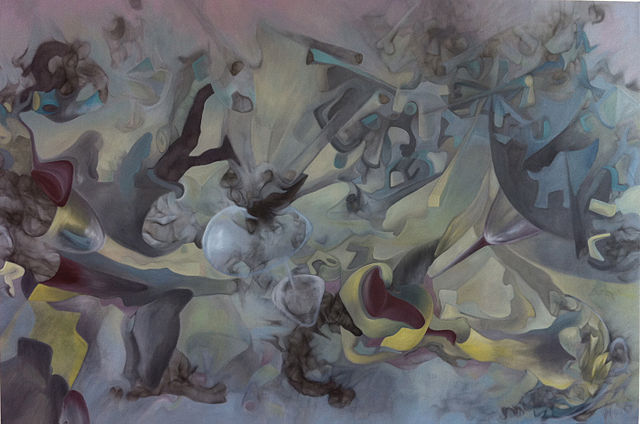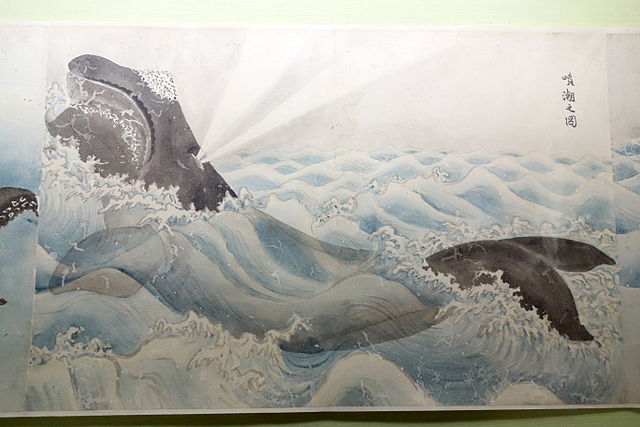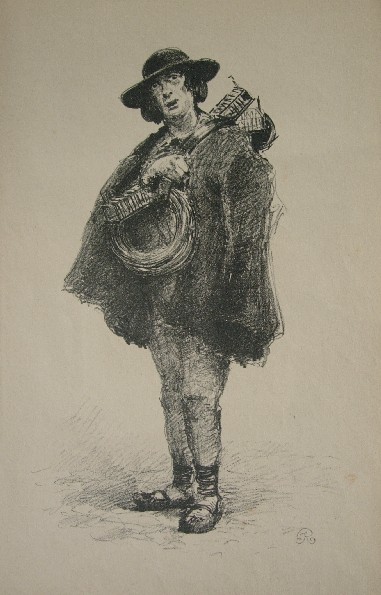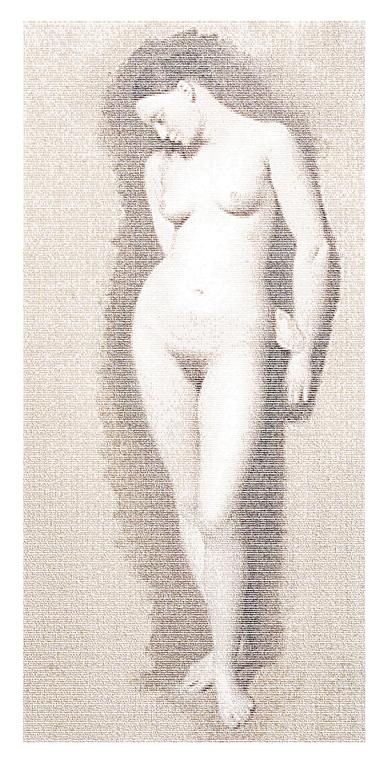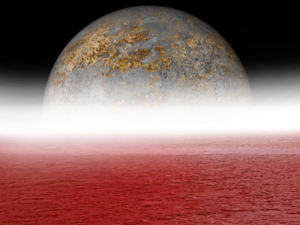The Art of John Harris by Nadia Davidson
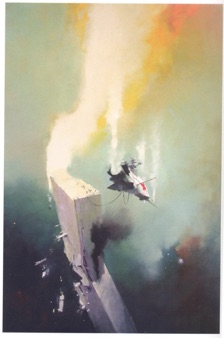 John Harris has produced book covers for many science fiction authors including famous names such as John Scalzi, Ben Bova, and Orson Scott Card. In fact, Scalzi himself, calls the artist’s work highly iconic, the phrase he uses is “Bookstore Iconic – which is to say it can be seen from across the bookstore.†(Harris p4) It is bold, striking, intense art that guarantees a good read. John Harris has also illustrated online fiction and produced artwork for NASA.
John Harris has produced book covers for many science fiction authors including famous names such as John Scalzi, Ben Bova, and Orson Scott Card. In fact, Scalzi himself, calls the artist’s work highly iconic, the phrase he uses is “Bookstore Iconic – which is to say it can be seen from across the bookstore.†(Harris p4) It is bold, striking, intense art that guarantees a good read. John Harris has also illustrated online fiction and produced artwork for NASA.
Harris is one of the few commercial artists working today who dislikes the nature of computer enhanced art (he calls it a bloodless medium) yet he has, however, produced some pieces in this manner. By taking the richly coloured roughness of his pastel sketches as starting points, so that the full bodied nature of his tangible pieces shines through, he develops them digitally by only a little. He is particularly fond of pastels as a medium, due to their hazy, atmospheric quality, which is, in fact, one of the key aspects of his art – the heightened sense of atmosphere his pictures evoke.
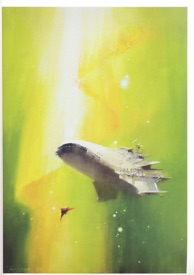 In the forward to a recent book on his work The Art of John Harris: Beyond the Horizon, the Author John Scalzi, whom the artist had painted book covers for, comments that: “quintessential John Harris art [is]: vibrantly coloured, impressionistic, yet technical, implying a whole universe outside the borders of the cover.†(Harris p4) In fact one of the most powerful aspects of the artist’s work is its obvious impressionistic influence “recalling, oddly, the romantic tradition of the 19th Century artists.†(Harris p4) John Harris is, perhaps, what Turner might have become, had he lived in the space age, or some future world.
In the forward to a recent book on his work The Art of John Harris: Beyond the Horizon, the Author John Scalzi, whom the artist had painted book covers for, comments that: “quintessential John Harris art [is]: vibrantly coloured, impressionistic, yet technical, implying a whole universe outside the borders of the cover.†(Harris p4) In fact one of the most powerful aspects of the artist’s work is its obvious impressionistic influence “recalling, oddly, the romantic tradition of the 19th Century artists.†(Harris p4) John Harris is, perhaps, what Turner might have become, had he lived in the space age, or some future world.
The artist is particularly interested in the depiction of mass and in capturing the sensation of “floating yet having weight.†(Harris p16) This can be produced in many different ways; by a juxtaposition of motifs, such as lines of steam escaping from a spaceship which implies a sense of falling, or by using a background of ‘hanging’ curtain-like nebula, in front of which a spaceship may a appear to rise (its nose tilted up).
Yet, the believability of his paintings of massive objects hanging in space “are not simply the result of knowing about the lack of gravity in space, but are the result of actual bodily experiences of weightlessness in transcendental meditation…[other images] were provoked by things witnessed in lucid dreaming.†(Harris p8) In fact John Harris studied meditation for six years after graduating from art school in Exeter. (Eldred)

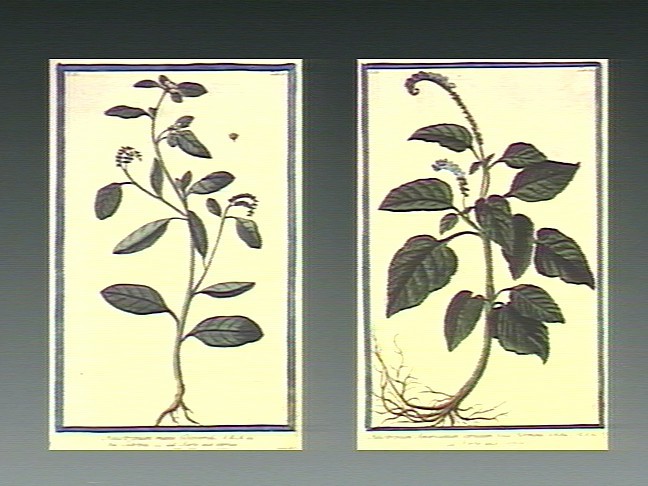
![By Nils Dardel (1888-1943) (dardel.info) [Public domain], via Wikimedia Commons](http://www.polutexni.com/wp-content/uploads/2016/11/ND_Far.jpg)
